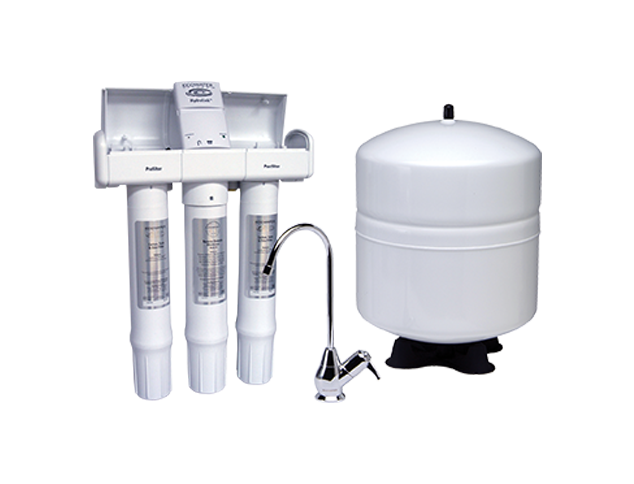One of biggest problems right now is that it has hard water. Even if it’s safe to drink, hard water may damage your hair, skin, and a variety of household goods. Hard water is characterised by a total mineral content of 120 to 180 parts per million (PPM), mostly composed of calcium and magnesium. The excessive concentration of these minerals is the root of many problems, including irritated skin, rough hair, and broken electronics. While it is possible to filter out dangerous contaminants in drinking water, turning hard water into soft water using manual processes is not practical. Only by using a water softener can hard water be converted into its softer counterpart.
Why Is a Water Softener Necessary?
The installation of water softeners may dramatically increase the efficiency and longevity of many different household systems and appliances. Some of the many benefits of water softeners include:
Provides For the Safety of the Plumbing:
Minerals in hard water, such as calcium and magnesium, may build up in plumbing, fittings, and appliances over time, restricting water flow and reducing their efficiency. Water softeners prevent pipe corrosion by filtering out harmful elements in water.
Extends
As mineral deposits accumulate in appliances like dishwashers, washing machines, and water heaters, hard water has the potential to reduce their useful lifetime. Using a water softener may help you prevent these deposits and prolong the life of your appliances.
Helps Soap, Shampoo, and Detergents Create More Foam and Rinse Cleaner
Soap, shampoo, and detergents may perform better in the lathering and rinsing departments when used with softened water. This will not only leave your hair and skin feeling cleaner and more hydrated, but it will also reduce the likelihood of soap scum forming in the future.
When compared to hard water, soft water requires less soap, detergent, and other cleaning products to achieve the same degree of cleanliness. This is a cost-effective solution. In addition to saving money, this practise improves appliance efficiency, which in turn reduces energy consumption.
The Remains of Hard Water’s Scale Scale deposits from hard water may be unsightly and difficult to remove from shower heads, faucets, and other bathroom fixtures. Scale accumulation may be mitigated by using a hard water softener. Using a water softener may lessen the accumulation of scale, which facilitates easier and quicker cleaning.
Would you benefit from using a water softener?
Many people wonder whether they really need a water softener, and this is a question that gets asked very often. whether you want to know whether you need a water softener, there are a few signs to look out for.
Helps Spend Less
Pipes may get clogged with mineral deposits if hard water is used. The buildup of minerals reduces the available passageway for water, increasing the required pump pressure. This means that more energy is needed to keep the water at the same temperature, whether that’s hot or cold. Soft water may save costly plumbing repairs by reducing the buildup of calcium and magnesium in shower and bathtub fittings. In addition to helping clients save money on their monthly power bills, water softeners do not need the use of electricity.




